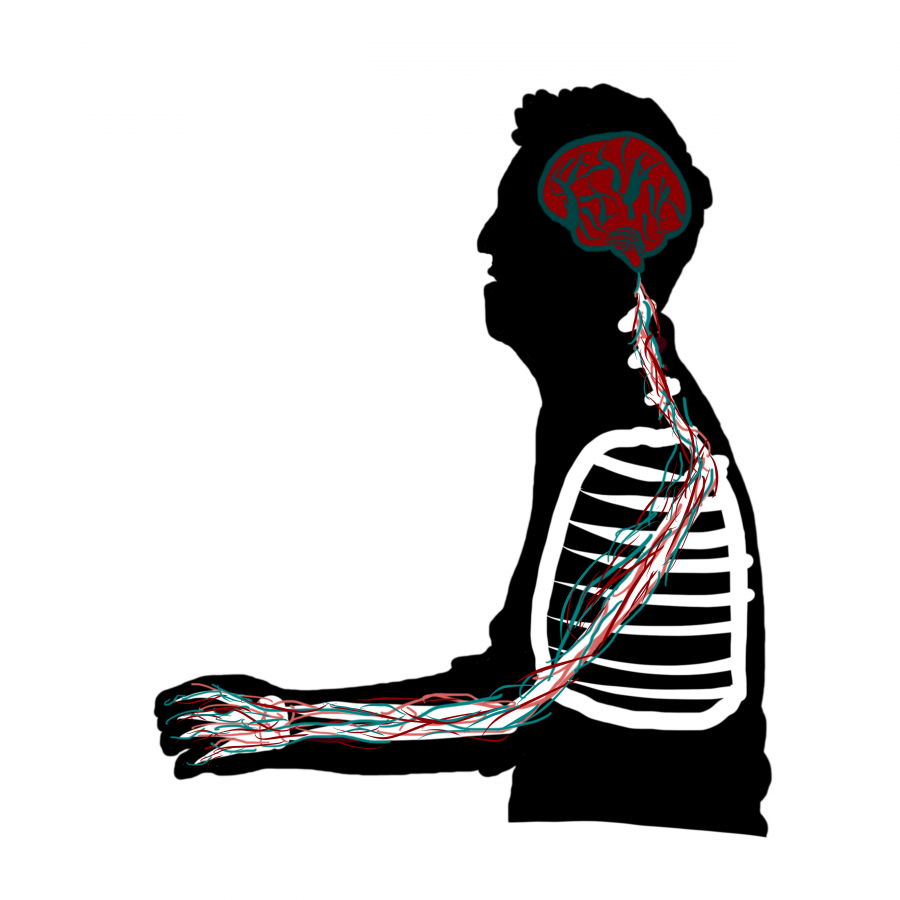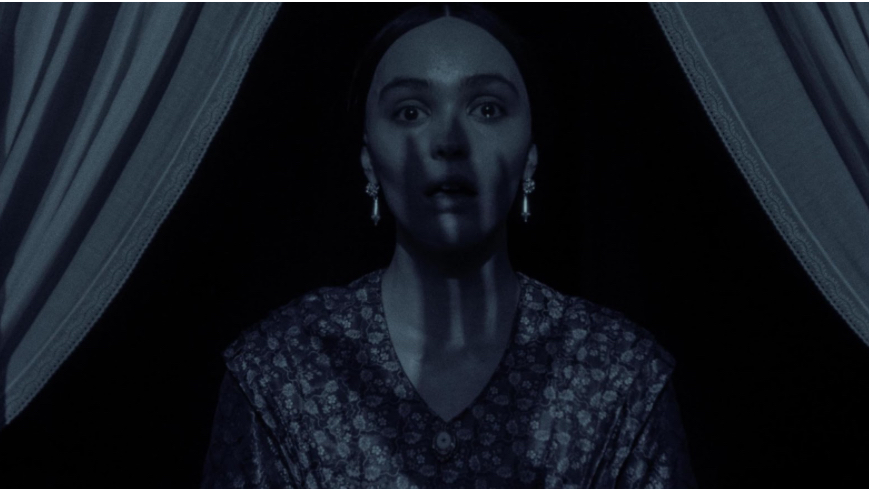Since the deadly school shooting in Parkland, Florida, at Marjory Stoneman Douglas High School, there has been a fluctuation in talk about gun control and mental health, as well as how they contribute towards extreme acts of violence. Protests, marches and other sorts of activism regarding the topic are being dispersed across the country. Many people have taken their thoughts about the situation to social media and the classroom; these actions have spread here to Westside high school.
Senior Ellie Hellman believes both guns and mental health issues are major factors in acts of violence, but guns play a larger role in the situation.
“I think [mental health] plays a big role. If you’re mentally ill you should definitely not have a gun,” Hellman said. “But I also think that it’s not an excuse; you can’t just say ‘well he was mentally ill’, because he still murdered 17 people. It doesn’t matter if he’s [mentally ill] or not. I think guns [play a larger role], because a mentally ill person can’t kill that many people without one.”
Sophomore Seth Forsberg takes a different approach than Hellman.
“I feel like guns are already regulated enough, and that if anything, all we need is background checks,” Forsberg said.
Westside high school psychologist, Erin Strasil Larson, reflects on both the mental health and gun control aspects involved in acts of violence-especially school shootings.
“I think it’s really important for people to be aware of, that it’s not just mental illness that causes people to [commit acts of violence], it’s not just access to guns and gun control, it’s a combination of both of those things; as well as environmental factors such as significant trauma,” Strasil Larson said. “And so we really have to look at limiting access to weapons, in my opinion, especially ones that could cause a lot of damage in a short amount of time. Also making sure students are able to seek out help for mental health, and that it’s more accessible in schools and in the community.”
In the book “Gun Violence and Mental Illness”, published by the American Psychiatric Association in 2016, it is reported that mass shootings committed by people of mental illness, is one percent of all homicides by gun each year. The New York Times finds that in an academic study done in 2016, it is estimated that around only four percent of violence is specifically related to severe mental illness.
New York Times reporters that communicated with gun violence experts write that in order to prevent mass shootings, banning assault weapons and excluding sales from convicted criminals is a much needed measure. A study done by researchers at Boston University display how there are certain laws that, if implemented, would drastically reduce death caused by guns. These proposed laws include firearm identification through ballistic imprinting, ammunition background checks, and universal background checks for all gun purchases. Firearm identification would decrease the risk of death by 84 percent, ammunition background checks would decrease the risk of death to 82 percent and universal background checks would decrease the risk of death to 61 percent.
Both topics of gun control and mental health are important to discuss in today’s society. However, it seems as though the two are being grouped together without really looking at how they are related; which is proven in studies that find there is not as strong as a correlation between the two as one might think.









